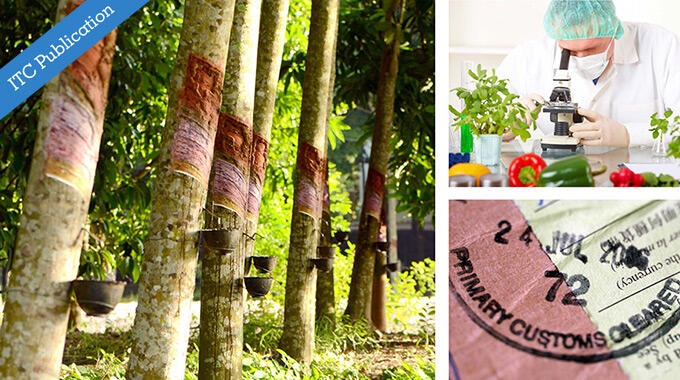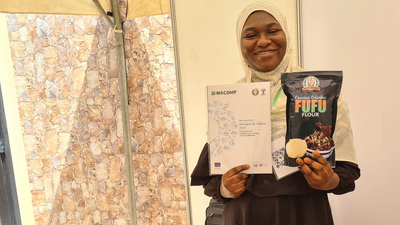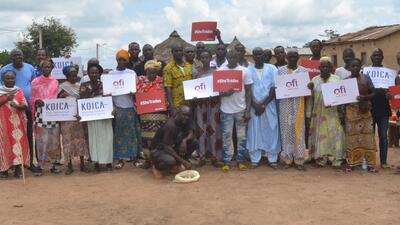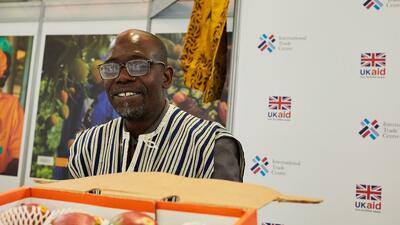
Targeting non-tariff measures in Côte d’Ivoire
Nearly three-quarters (72%) of exporters in Côte d’Ivoire see non-tariff measures (NTMs) as barriers to trade, according to a recent survey by the International Trade Centre (ITC).
The report, called ‘Côte d’Ivoire: Company Perspectives – An ITC Series on Non-Tariff Measures’, also reveals that exporters in the country face more obstacles in the regional market than in global markets. While several agreements are in place to enhance trade integration and development, there are barriers that still need to be addressed.
One of the biggest challenges is the delivery of certificates of origin to export in neighbouring countries. Most procedures are lengthy and susceptible to malpractice and briberies. Lack of knowledge about these procedures and the agencies in charge of them pose additional challenges for exporting companies.
The report makes recommendations to address such trade obstacles, including bridging the communications gap between exporters and government agencies through the Trade Obstacles Alert platform. The new online tool, developed under the Programme d’Appui au Commerce et à l’Intégration Régionale (PACIR) programme, enables companies to alert officials of the problems that they face when exporting and importing goods.
The Trade Obstacles Alert platform was officially launched in Abidjan on 28 May at an event organized by ITC, the Ministry of Trade, and Chamber of Commerce and Industry. The NTM report was shared with stakeholders at the same event.
The survey findings and the new alert system are aimed at promoting better understanding of NTM-related challenges in Côte d’Ivoire, contributing to the development of solutions. West Africa is one of the regions where NTMs are perceived to be the most problematic, according to ITC’s NTM surveys.
The NTM report for Côte d’Ivoire was done as part of ITC’s NTM programme, which services countries around the world. Surveys are demand-driven. Each report includes recommendations that are developed with input from local partners.















